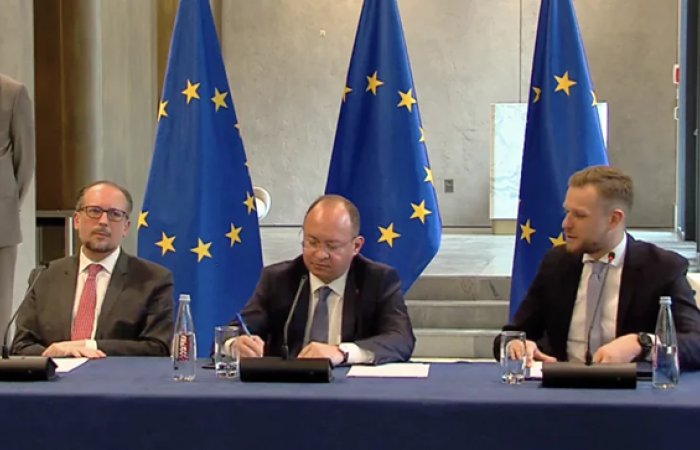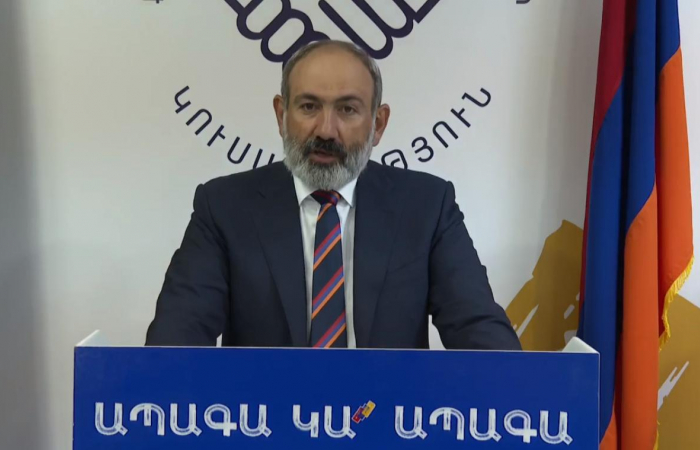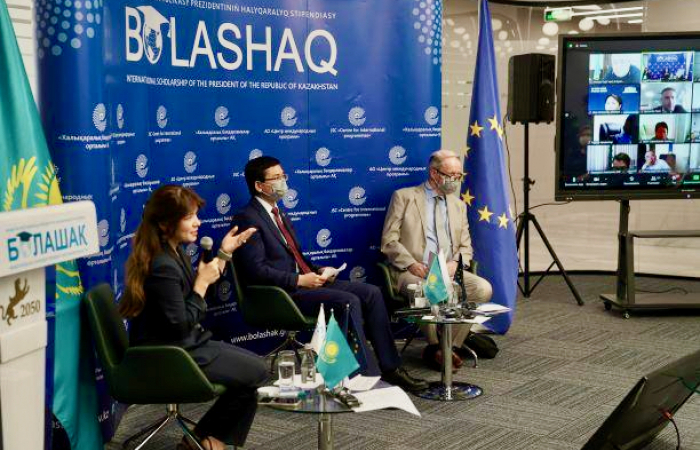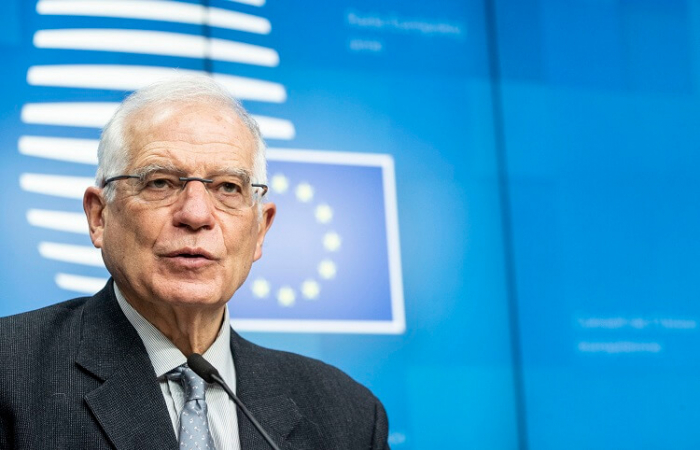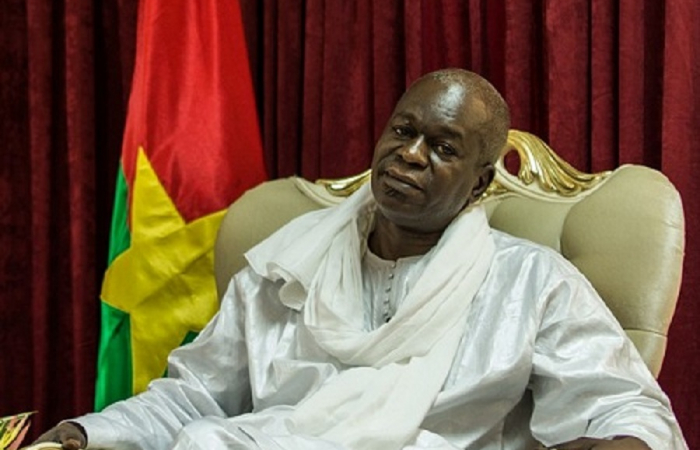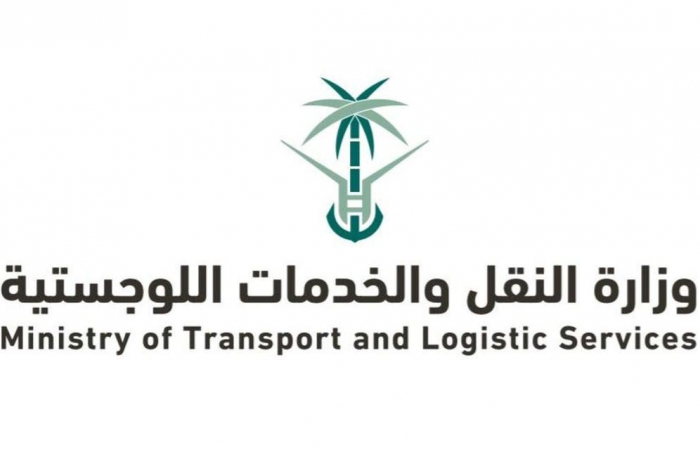Trending
Opinion: The South Caucasus needs more EU, less Russia, and a better life for all the people of the region
5 July 2021
The European Union has indicated it is re-enforcing its engagement with the South Caucasus, including on the thorny issues of conflict resolution. Dennis Sammut argues in this op-ed that this is timely and necessary. The region needs more EU, less Russia and prospects for a better quality of life for all its people. For this to happen the EU needs to be more strategic in its approach to the region and there is no longer place for hesitation and ambiguity, he argues.



